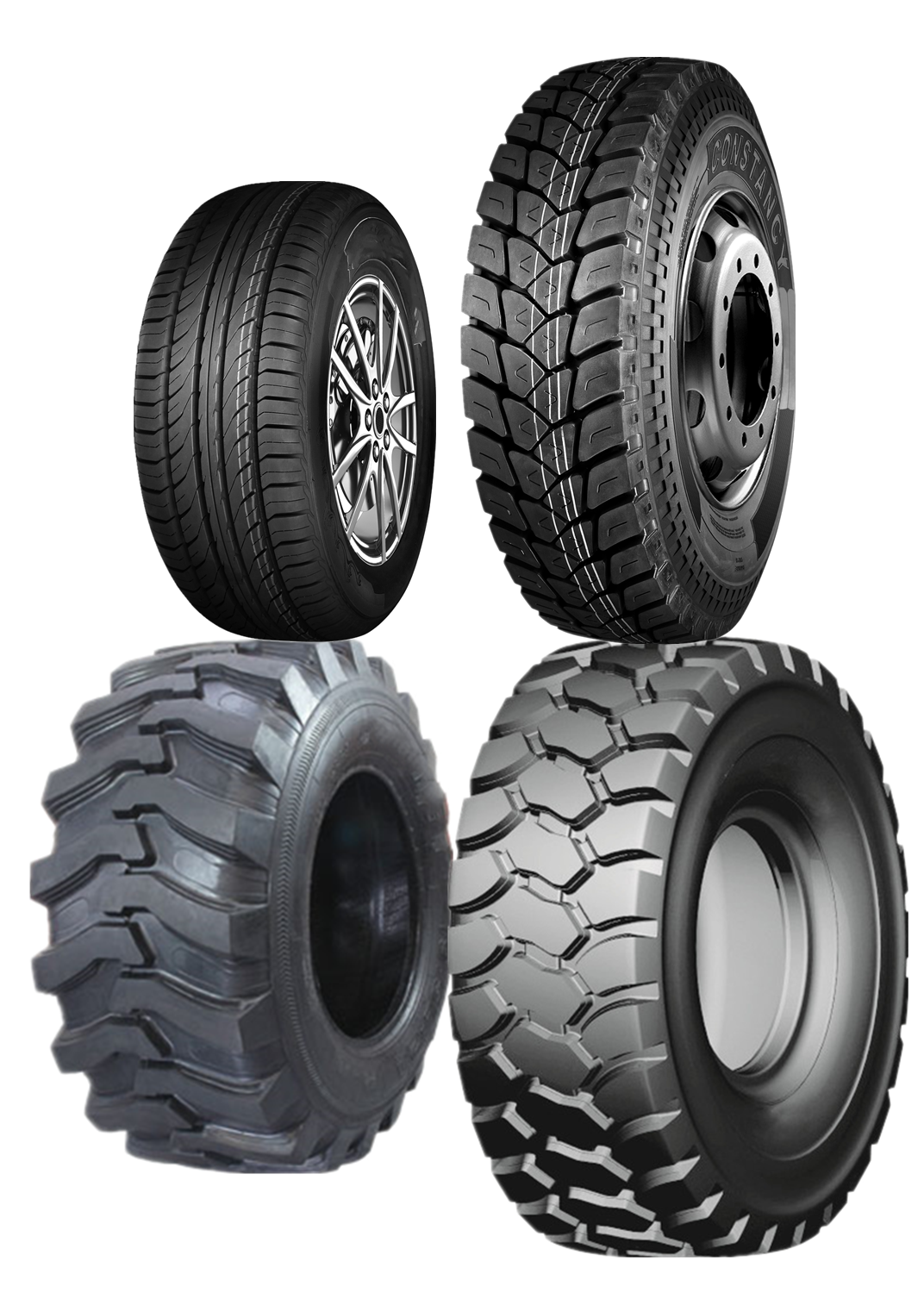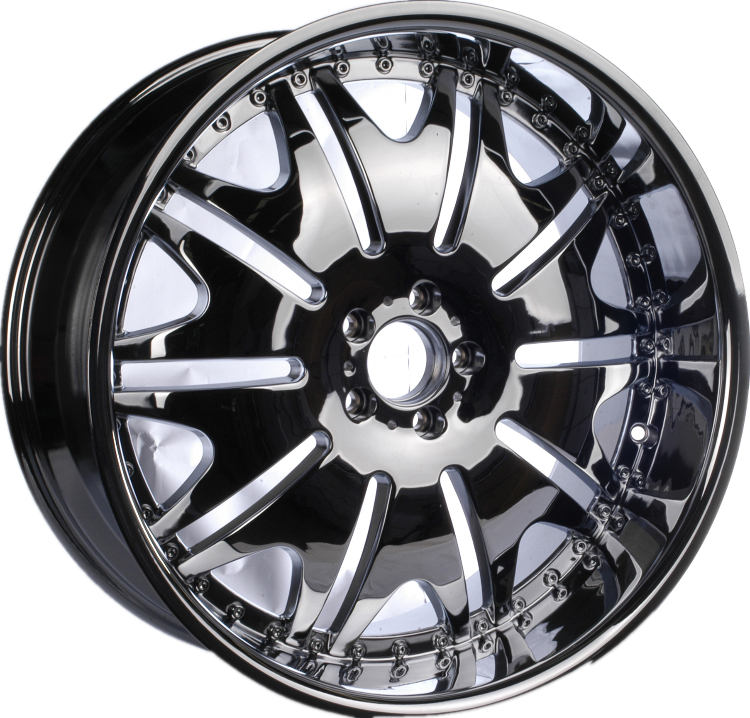-
Telephone:0086-15165287719Telephone:0086-18653241908
-
wechat:aiy812476091
-
-
Email:info@xrunrubber.com



处暑是中国传统二十四节气(the 24 traditional Chinese solar terms)中的第十四个节气,也是继立秋之后的第二个秋季节气。“处”有“终止”之意,民间流传着这样一句谚语:“暑气尽,秋收始。” 处暑的到来意味着中国绝大部分地区正在脱离炎夏,迈入凉爽秋天。处暑的常见英文翻译有以下几种:
End of Heat
the Limit of Heat
the Stopping of Heat
stopping the heat
It is the 14th solar term. It more often refers in particular to the day when the Sun is exactly at the celestial longitude of 150°. It usually begins around 23 August.
处暑,是二十四节气之中的第14个节气,主要是指太阳到达黄经150°的那天,开始于每年的8月23日前后。
In China, regions beyond the Great Wall will enter autumn in early September. People can enjoy the gradual change of scenery from summer to autumn.
But in some areas, especially in South China, autumn is late in coming and people are still bothered by hot weather. End of Heat is also the busy harvest season for farmers.
但是在某些地区,特别是中国南方,秋天迟迟未至,人们依旧被酷热的天气困扰。处暑对农民而言也是忙碌的丰收季。
处暑是反映气温变化的一个节气,“处”含有躲藏、终止意思,“处暑”表示炎热暑天即将结束。一般来说,处暑之后,各地平均气温会比立秋节气时下降1℃左右。暑气渐去,凉意渐生,是进入处暑后的天气。因此,在接下去的日子里,高温天会明显减少,高温已是强弩之末。但在某些地区,特别是南方,秋天来得稍晚,大家还要忍受一阵子炎热的天气。处暑对于农民来说,也是忙碌的收获时节。
End of Heat implies that most parts in China are getting rid of the hot summer and entering autumn. But in some areas, especially in South China, autumn is late in coming and people are still bothered by hot weather. End of Heat is also the busy harvest season for farmers.
8月底到9月初的处暑节气,单单用“气温开始走低”来描述是不够的。气温走低仅是其中的一个现象。产生这一现象背后的原因,一是太阳直射点继续南移,太阳辐射减弱;二是副热带高压跨越式地向南撤退,蒙古冷高压开始跃跃欲试,出拳出脚,小露锋芒。在蒙古冷高压的控制下形成的下沉的、干燥的冷空气,宣告了我国东北、华北、西北雨季的结束,率先开始了一年之中最美好的天气——秋高气爽。 Chushu falls in late August to early September. It is insufficient to describe it by “the temperature starts to decline”. The drop of temperature is only one aspect of the characteristics. There are two reasons that lead to this aspect. Firstly, it is the south movement of the direct solar radiation, and the solar radiation becomes weaker and weaker. Secondly, the subtropical high moves south and the Mongolian cold high becomes stronger and begins to influence China. Under its control, a sinking and dry cold air is formed. It marks the ending of the rainy season in Northeast China, North China and Northwest China. Autumn, the best season in China begins. 但每当冷空气影响我国时,若空气干燥,往往带来刮风天气;若大气中有暖湿气流输送,往往形成一场像样的秋雨。每每风雨过后,特别是下雨过后,人们会感到较明显的降温。故有“一场秋雨一场寒”之说。北方南部的江淮地区,还有可能出现较大的降水过程。 When cold air influences China, there is usually wind if the air is dry. However, if there is a warm and moist air flowing, an autumn rain then forms. After the rain, people will feel that the temperature drops a lot. As the saying goes that, “it is getting colder with every rainfall in the autumn”. In the areas along Yangtze River and Huai River in the south of northern China, there may be heavy rain. 夏季称雄的副热带高压,虽说大步南撤,但绝不肯轻易让出主导权、轻易退到西太平洋的海上。在它控制的南方地区,刚刚感受一丝秋凉的人们,往往在处暑尾声,再次感受高温天气,这就是名副其实的“秋老虎”。如果“出伏”以后继续出现“秋老虎”,往往容易形成夏秋连旱,使秋季防火期大大提前,需要警惕。 Although the dominant subtropical high has moved south, it still controls some areas, without yielding easily to the western Pacific Ocean. Southern China is still under control of the subtropical high, and people just start to enjoy the cool breeze of autumn and continues to experience hot and dry days even by the end of Chushu. This is called “autumn tigers” (the spell of hot weather after the beginning of autumn) in China. In places that just bid farewell to the dog days of summer (the three periods of the hot season) and are still bothered by “autumn tigers”, there may be huge droughts that last to autumn. As a result, the risk of fires in autumn increases, while people should stay vigilant.
处暑三候
Three phases of "Chushu"
一候鹰乃祭鸟,意思是说过了处暑节气之后,天空翱翔的老鹰会开始捕猎大量的鸟类,并且还会将吃不完的食物丢到大地上。 In the first phase of "Chushu", eagles hover in the sky, catching smaller birds and piling them on the ground. 二候天地始肃,处暑节气到来,秋风起,天地间的万物不再茂盛,而是日渐凋零。 In the second phase, the living creatures begin to wither away in the soughing autumn wind, leaving the world a bleak atmosphere. 三候禾乃登,”禾”是黍、稷、稻、粱类农作物的总称,“登”即成熟的意思,历经三伏天的挥汗如雨,收成已在不远。 The third phase witnesses the ripening of crops. After sweating in the scorching sun on the farmland during the dog days, farmers are about to usher in a bumper harvest.
秋乏 Autumn Weariness
There is a saying that, "People tend to feel sleepy in spring, doze in summer and feel tired in autumn." As the weather becomes cool during End of Heat, many people will feel languid and weary, which is called "autumn weariness". It is a sign that the human body needs rest, since people have consumed excessive energy in the summer. Get enough sleep, do more exercises and keep plants indoor to help.
俗话说“春困秋乏”,随着天气见凉,人们往往会感到倦怠、疲倦。这是人体需要休息的标志,因为在夏天我们消耗了过多的能量。保持充足睡眠,积极锻炼,养一些室内植物都会有所帮助。 处暑过后的气候特征是中午热、早晚凉,昼夜形成较大的温差。对于这一变化,人们往往来不及适应,特别是老年人,此时更要注意身体保养。 After Chushu, the weather is hot in the day, while cold in the morning and evening, therefore the temperature between day and night varies dramatically. Variable weather makes people vulnerable, especially the seniors should pay more attention to health preservation. 中国幅员辽阔,各地如东北、四川、沪苏浙地区的气候、物候变化情况与黄河流域存在相当大的差异。在上海,立秋过后出现酷热天气是常事,处暑过后也常遇“秋老虎”,持续日数约一周至半月,甚至更长时间。处暑过后,日常生活要注意五点: China has a vast territory, in which climates of the regions including the Northeast, Sichuan, Shanghai, Suzhou, and Zhejiang, vary greatly from the regions of Yellow River Basin. The scorching hot weather persists after Liqiu (start of autumn) in Shanghai and after Chushu people are still bothered by “autumn tigers”. The hot weather usually lasts a week or half a month, sometimes even longer. There are five tips in daily life after Chushu. 01 穿着:虽有“春捂秋冻”一说,但处暑过后,早出晚归者要注意添加衣服。特别是夜间外出,要多穿衣服。 Clothing: Although there is a saying from Chinese folk experience that “one should keep covered in spring and do not wear too much in autumn”, people are advised to dress properly since it gets cold during the morning and evening. More clothes are recommended to wear for a late night out. 02 锻炼:早晚可适当运动,中午气温偏高,仍需要避免室外运动,特别是患有高血压的中老年人,不宜晨练一直到太阳当空。 Workout: Proper physical exercises are recommended in the morning and evening. Because of the noon heat, people should avoid outdoor exercises, especially the middle-aged and seniors who have high blood pressure. Morning workout should be finished before the sun is already high in the sky. 03 饮食:有些人在处暑过后往往胃口大开,但此时仍不宜多吃肉类等高蛋白食品,可选用适合健脾胃的食物如薏米、莲子、扁豆、冬瓜等。 Diet: After Chushu, some people may have a good appetite. However, people should not eat too much meat and other high protein foods. The seed of Job’s tears, lotus seed, lentil, and white gourd are recommended because Chinese traditional medicine believes these would strengthen the spleen and stomach of the body. 04 夜寝:白天若室温不高可不开空调,开窗使空气流通。晚上入睡前,应关好门窗,因深夜往往降温幅度较大。 Sleeping: If the room temperature is not too high during the day, instead of turning on the air-conditioner, open windows and let air current cool down the room temperature. Before sleeping, close doors and windows, since the temperature gets lower after sunset. 05 灭蚊:处暑过后仍是蚊子繁殖高峰期,必须重视家居灭蚊,喷洒杀虫剂。 Mosquito Control: It is still the breeding season of mosquito after Chushu. Therefore, it is essential for each family to have mosquito prevention by spraying insecticides.

